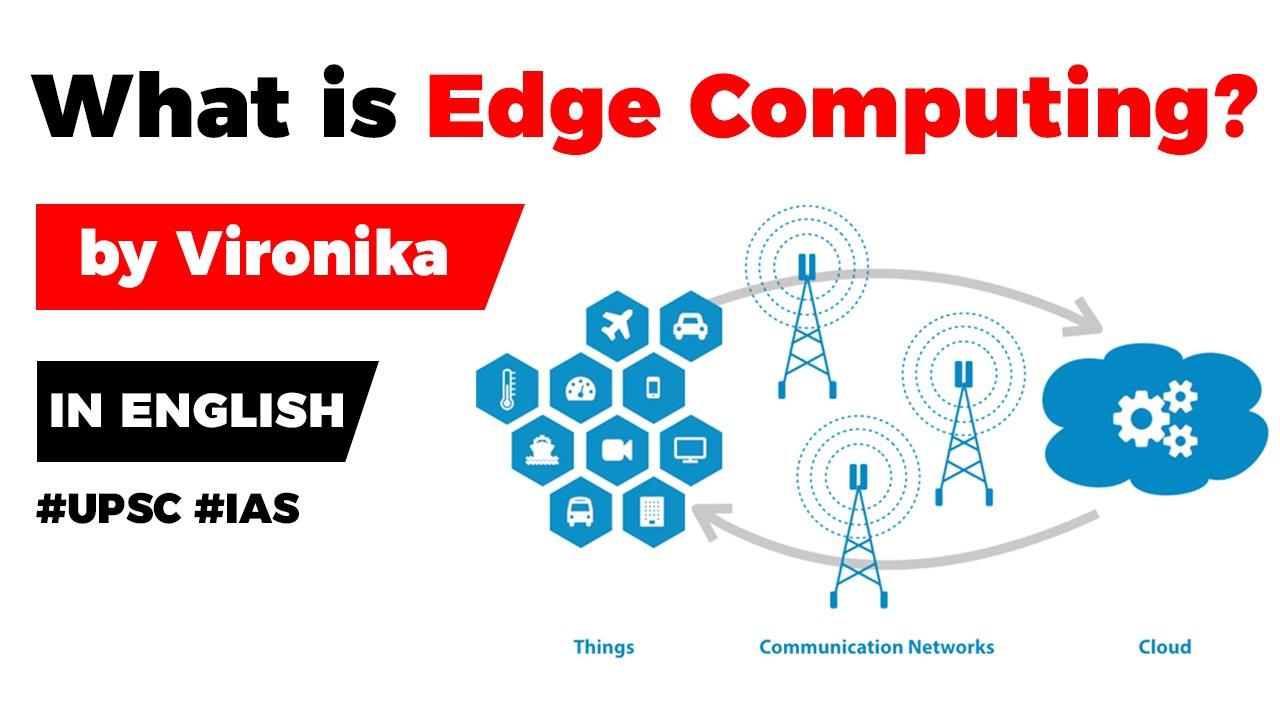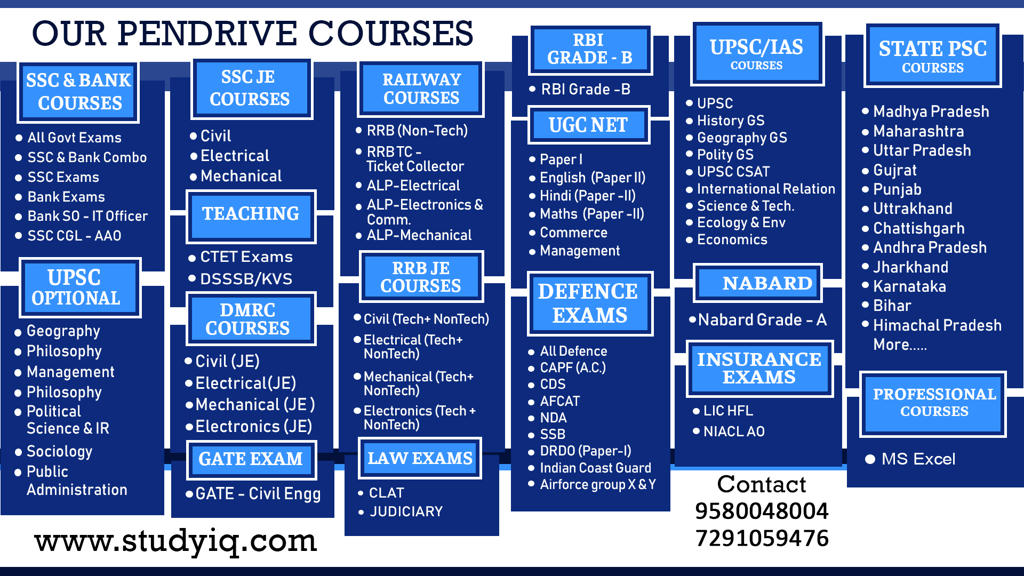Table of Contents
Context
- Cloud computing — by which remote servers hosted on the Internet store and process data, rather than local servers or personal computers — is ready to move to the next level i.e. ‘Edge Computing’.
- Cloud computing is the on-demand availability of computer system resources, especially data storage and computing power, without direct active management by the user.
- To leverage 5G wireless technology and artificial intelligence to enable faster response times, lower latency (ability to process very high volumes of data with minimal delay), and simplified maintenance in computing.
- This is where Edge Computing comes in — which many see as an extension to the cloud, but which is, in fact, different in several basic ways.
Edge Computing
- Edge computing enables data to be analysed, processed and transferred at the edge of a network.
- The idea is to analyse data locally, closer to where it is stored, in real-time without latency, rather than send it far away to a centralised data centre.

- The basic difference between edge computing and cloud computing lies in the placewhere the data processing takes place.
- At the moment, the existing Internet of Things (IoT) systems performs all of their computations in the cloud using data centres.
- Experts believe the true potential of edge computing will become apparent when 5G networks go mainstream in a year from now.
- Users will be able to enjoy consistent connectivity without even realizing it.
Advantages
- Quick
- Future Technology Enabled
- Localised solution
- Data-Efficient
Latest Burning Issues | Free PDF






















 WhatsApp
WhatsApp